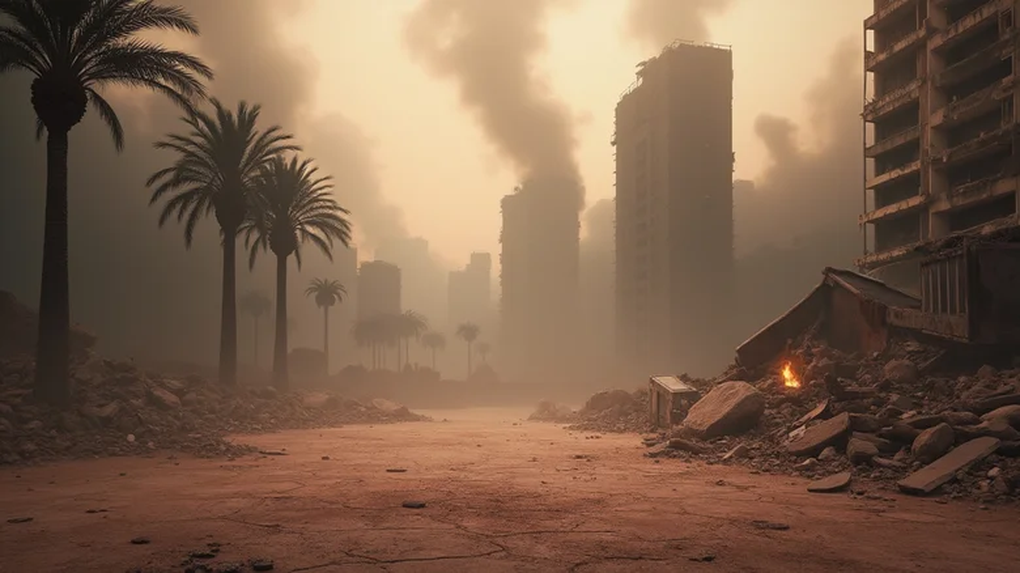
Scientists are sounding the alarm about a sixth mass extinction event taking place on Earth, with human activity being the main cause.
This is not a sudden event but a process lasting thousands, even millions of years, that seriously threatens the future of life on the planet.
There have been five mass extinctions in Earth's history, each wiping out large numbers of species. The most recent was at the end of the Cretaceous period, 65 million years ago, when an asteroid collided with Earth, leading to the disappearance of 76% of species, including the dinosaurs.
Similar events have occurred in the past due to volcanic activity, climate change and geological changes, causing heavy losses to biodiversity.
However, this sixth extinction has a worrying difference: it is believed to be caused by human activity. Scientists point to over-exploitation of resources, deforestation, wasteful use of water and energy as depleting life sources, destroying natural habitats and causing ecological imbalances.
Climate change, a direct result of human activity, is exacerbating extreme weather events, air pollution and changing the way the planet functions.
The World Wildlife Fund (WWF) warns that species are going extinct at a rate 1,000 to 10,000 times faster than their natural rate without human intervention.
Research from Stanford University and the National Autonomous University of Mexico (UNAM) also confirms that humans are wiping out not just individual species but entire clades of life, that is, groups of closely related animals that play important roles in ecosystems.
"What we are doing to the tree of life is causing a lot of suffering for humanity," stressed Gerardo Ceballos, a senior researcher at UNAM.
Urgent action to prevent disaster
To save the future of Earth and humanity, experts call for immediate action. Controlling the human impact on climate change is a top priority. At the same time, land and water must be reserved for conservation rather than overconsumption, to restore the balance of natural ecosystems.
Some positive signs have emerged. The Paris Agreement, an international treaty, focuses on keeping global temperatures below a certain level through actions to reduce emissions. The Kunming-Montreal Global Biodiversity Framework, adopted by nearly 200 countries, aims to conserve land and water and restore damaged ecosystems.
However, these efforts still face many challenges. Professor Paul Ehrlich from Stanford University commented: "The size and growth of the human population, the increasing scale of product consumption, and the fact that consumption is very unequal are all core parts of the problem.
The idea that you can let those things continue and still preserve biodiversity is crazy. It's like sitting on a tree branch and sawing it off at the same time."
The future of Earth and life on it depends on decisive and timely human actions now.
Source: https://dantri.com.vn/khoa-hoc/lieu-co-su-kien-tuyet-chung-hang-loat-lan-thu-6-tren-trai-dat-20250831234418101.htm


![[Photo] General Secretary To Lam chairs the meeting of the Central Steering Committee on preventing and combating corruption, waste and negativity](https://vphoto.vietnam.vn/thumb/1200x675/vietnam/resource/IMAGE/2025/9/29/fb2a8712315d4213a16322588c57b975)
![[Photo] Many streets in Hanoi were flooded due to the effects of storm Bualoi](https://vphoto.vietnam.vn/thumb/1200x675/vietnam/resource/IMAGE/2025/9/29/18b658aa0fa2495c927ade4bbe0096df)

![[Photo] General Secretary To Lam attends the ceremony to celebrate the 80th anniversary of the post and telecommunications sector and the 66th anniversary of the science and technology sector.](https://vphoto.vietnam.vn/thumb/1200x675/vietnam/resource/IMAGE/2025/9/29/8e86b39b8fe44121a2b14a031f4cef46)
![[Photo] National Assembly Chairman Tran Thanh Man chairs the 8th Conference of full-time National Assembly deputies](https://vphoto.vietnam.vn/thumb/1200x675/vietnam/resource/IMAGE/2025/9/29/2c21459bc38d44ffaacd679ab9a0477c)
![[Photo] General Secretary To Lam receives US Ambassador to Vietnam Marc Knapper](https://vphoto.vietnam.vn/thumb/1200x675/vietnam/resource/IMAGE/2025/9/29/c8fd0761aa184da7814aee57d87c49b3)







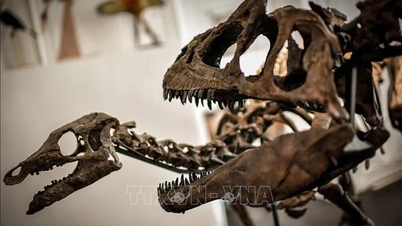





































































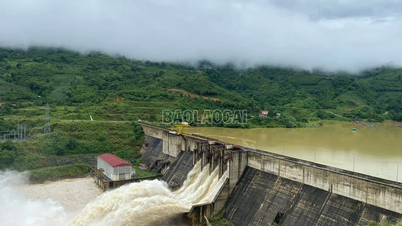
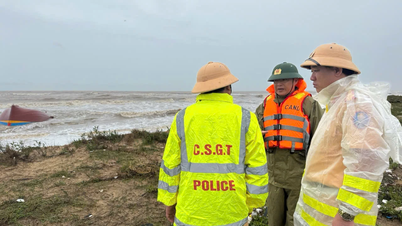

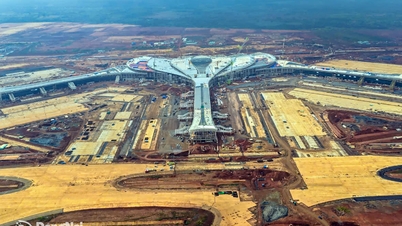














Comment (0)